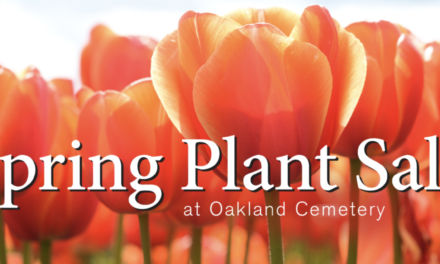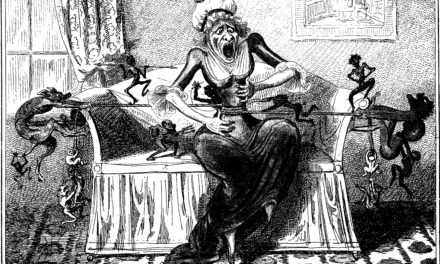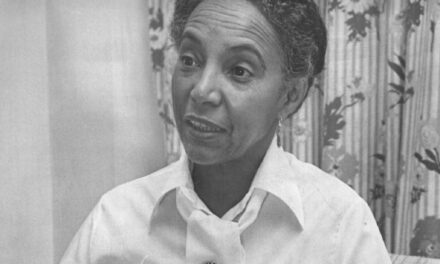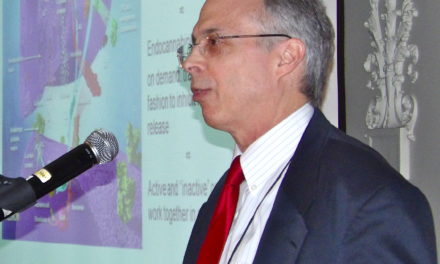Three sections in Prop 64 —California’s Adult Use of Marijuana Act— allocate funding for research. As listed by Dale Gieringer of California NORML: “The first allocates $10 million for researching the impacts of Prop 64. The second gives $3 million to CHP for driving studies; a lot of this is going to Tom Marcotte’s impairment studies at CMCR. The third gives $2 million to CMCR for their medical studies.”
The Deep State sinks a little deeper: https://leginfo.legislature.ca.gov/faces/codes_displaySection.xhtml?lawCode=RTC§ionNum=34019. CA BPC Section 34019
(b) The Controller shall next disburse the sum of ten million dollars ($10,000,000) to a public university or universities in California annually beginning with the 2018–19 fiscal year until the 2028–29 fiscal year to research and evaluate the implementation and effect of the Control, Regulate and Tax Adult Use of Marijuana Act, and shall, if appropriate, make recommendations to the Legislature and Governor regarding possible amendments to the Control, Regulate and Tax Adult Use of Marijuana Act. The recipients of these funds shall publish reports on their findings at a minimum of every two years and shall make the reports available to the public. The bureau shall select the universities to be funded. The research funded pursuant to this subdivision shall include but not necessarily be limited to:(1) Impacts on public health, including health costs associated with cannabis use, as well as whether cannabis use is associated with an increase or decrease in use of alcohol or other drugs.(2) The impact of treatment for maladaptive cannabis use and the effectiveness of different treatment programs.(3) Public safety issues related to cannabis use, including studying the effectiveness of the packaging and labeling requirements and advertising and marketing restrictions contained in the act at preventing underage access to and use of cannabis and cannabis products, and studying the health-related effects among users of varying potency levels of cannabis and cannabis products.(4) Cannabis use rates, maladaptive use rates for adults and youth, and diagnosis rates of cannabis-related substance use disorders.(5) Cannabis market prices, illicit market prices, tax structures and rates, including an evaluation of how to best tax cannabis based on potency, and the structure and function of licensed cannabis businesses.(6) Whether additional protections are needed to prevent unlawful monopolies or anti-competitive behavior from occurring in the adult-use cannabis industry and, if so, recommendations as to the most effective measures for preventing such behavior.(7) The economic impacts in the private and public sectors, including, but not necessarily limited to, job creation, workplace safety, revenues, taxes generated for state and local budgets, and criminal justice impacts, including, but not necessarily limited to, impacts on law enforcement and public resources, short and long term consequences of involvement in the criminal justice system, and state and local government agency administrative costs and revenue.(8) Whether the regulatory agencies tasked with implementing and enforcing the Control, Regulate and Tax Adult Use of Marijuana Act are doing so consistent with the purposes of the act, and whether different agencies might do so more effectively.(9) Environmental issues related to cannabis production and the criminal prohibition of cannabis production.(10) The geographic location, structure, and function of licensed cannabis businesses, and demographic data, including race, ethnicity, and gender, of license holders.(11) The outcomes achieved by the changes in criminal penalties made under the Control, Regulate and Tax Adult Use of Marijuana Act for cannabis-related offenses, and the outcomes of the juvenile justice system, in particular, probation-based treatments and the frequency of up-charging illegal possession of cannabis or cannabis products to a more serious offense.
(c) The Controller shall next disburse the sum of three million dollars ($3,000,000) annually to the Department of the California Highway Patrol beginning with the 2018–19 fiscal year until the 2022–23 fiscal year to establish and adopt protocols to determine whether a driver is operating a vehicle while impaired, including impairment by the use of cannabis or cannabis products, and to establish and adopt protocols setting forth best practices to assist law enforcement agencies. The department may hire personnel to establish the protocols specified in this subdivision. In addition, the department may make grants to public and private research institutions for the purpose of developing technology for determining when a driver is operating a vehicle while impaired, including impairment by the use of cannabis or cannabis products.
(e) The Controller shall next disburse the sum of two million dollars ($2,000,000) annually to the University of California San Diego Center for Medicinal Cannabis Research to further the objectives of the center, including the enhanced understanding of the efficacy and adverse effects of cannabis as a pharmacological agent.





